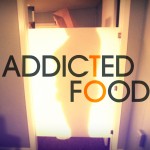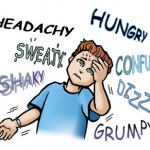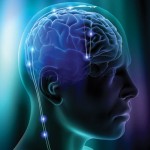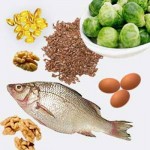Although food addiction is not listed in the Diagnostic and Statistical Manual of Mental Disorders, the term is widely understood as an obsessive-compulsive relationship to food. However, drawing the line between obsessive eating and the Standard American Diet (S.A.D.) can …
Poisonous Food
I was invited by Dr. Shigehisa Kuriyama to submit a 30-second video, defining what I consider “poisonous food,” to be featured as part of an upcoming lecture for his class, “Medicine and the Body in East Asia and Europe” (Harvard, …
Why Do People with Low Blood Sugar Avoid Eating Sugar?
Why do people with low blood sugar avoid eating sugar? My Neurobiology professor, Shawn Murphy, M.D., PhD, offered a really simple explanation in today’s lecture: It’s all about how insulin (a hormone produced at the pancreas) responds to sugar. Typically, …
Mind Brain Health and Education: Action Magazine
MBHE: Action Magazine (Castellana, Gunawan, Luis and Walters; Harvard Graduate School of Education; June, 2010) is a group project I completed for Dr. Fischer and Dr. Peabody‘s class, “Mind, Brain, Health and Education.” I served as the editor and nutrition author. Click here …
Obesity Rates Doubled
As the Harvard School of Public Health reports: “The worldwide prevalence of obesity has nearly doubled since 1980, according to a major study on how three important heart disease risk factors have changed across the world over the last three decades. …
Omega-3 Deficiencies and Mood Disorders
According to a January 30 article in Science Daily, “Deficiency of Dietary Omega-3 May Explain Depressive Behaviors,” researchers discovered that “reduced levels of omega-3 had deleterious consequences on synaptic functions and emotional behaviors.” Additional excerpts: “Our results can now corroborate …
- « Previous Page
- 1
- …
- 3
- 4
- 5
- 6
- Next Page »







